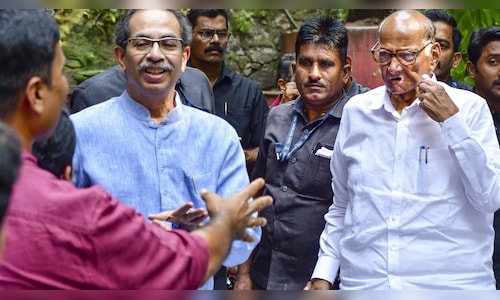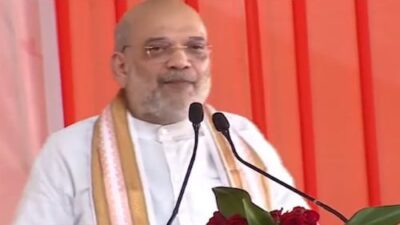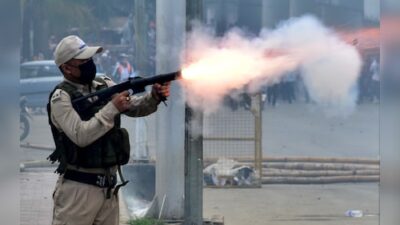The findings from Vote Vibe underscore a rising discontent among Mumbaikars—stemming not only from the prolonged absence of elected corporators but also from the performance of administrators who have held power for over two years. Many residents feel overlooked, voiceless, and exasperated by what they perceive as an ineffective civic system.
“There’s no one to hold accountable. The roads are broken, the drains are clogged, and nobody is answerable,” noted Rukmini Sharma, a schoolteacher from Kurla. “We miss the days when we could reach out to our corporators directly.”
While the BJP hinges its campaign on organizational strength and synergy between state and central governments, promoting a “development-first” narrative, the Vote Vibe survey indicates that the electoral landscape is competitive. SHS-UBT, even though weakened by the split, continues to attract support—particularly in Marathi-dominated regions where Balasaheb Thackeray’s legacy still wields influence.
A notable trend in the survey is the emotional attachment to the Thackeray name. Aaditya Thackeray’s outreach efforts and Uddhav Thackeray’s grassroots engagement have helped sustain political relevance for their faction. “Mumbai belongs to Balasaheb. His family still speaks our language,” said Vinay Pawar, a 38-year-old resident of Dadar.
The possibility of Uddhav and Raj Thackeray collaborating—though currently limited to public statements with no formal talks—has garnered surprising voter support. Many believe that a united Thackeray front could rejuvenate the Shiv Sena brand and restore its prominence in Mumbai’s political scene. In areas like Goregaon and Girgaon, supporters of both leaders have erected banners calling for unity for the benefit of the Marathi Manoos. The Shiv Sena (UBT) mouthpiece Samana even quoted Uddhav Thackeray saying, “What is there is in the heart of Marathi Manoos, it will happen,” alongside an old photograph of Uddhav and Raj Thackeray from the times when Raj was part of the undivided Shiv Sena.
Simultaneously, the BJP’s alliance with the Eknath Shinde-led Shiv Sena faction might encounter pushback due to this emerging emotional sentiment. Although Shinde’s group has received official recognition, the Vote Vibe survey suggests that voter perceptions of legitimacy remain ambiguous.
This dissatisfaction transcends specific parties; it illustrates a larger systemic concern. The lack of elected representatives, unmet civic needs, and declining public infrastructure have sparked a growing demand for change. In this context, the party capable of offering both effective governance and emotional connection is likely to have the upper hand.
For the Congress and the NCP (Sharad Pawar), the key challenge is to remain relevant. Despite their seemingly limited roles in current discussions, their choices regarding alliances and targeted campaigning could significantly affect outcomes in closely contested wards.
As the campaign heats up, the Vote Vibe survey suggests that Mumbai is not just casting votes for development; it’s also voting for dignity, accountability, and identity. Whether the BJP can translate its lead into votes or the Thackerays can turn sentiment into support remains to be seen. However, the 2025 BMC elections promise to be a crucial chapter in the city’s political narrative.



